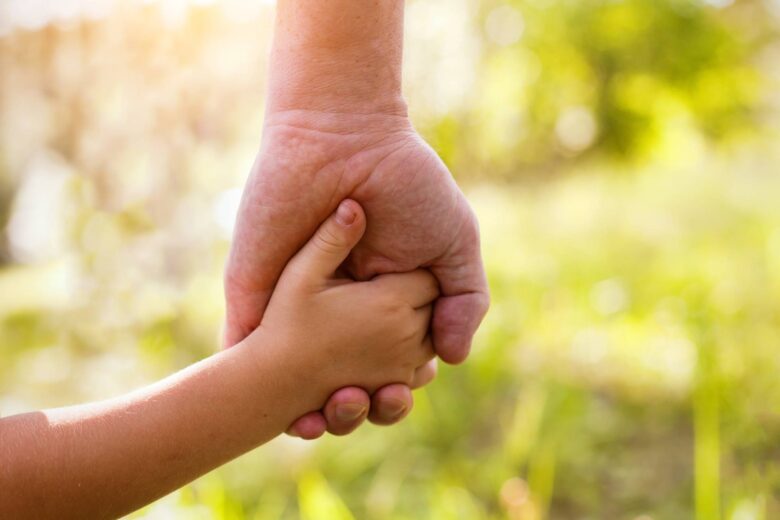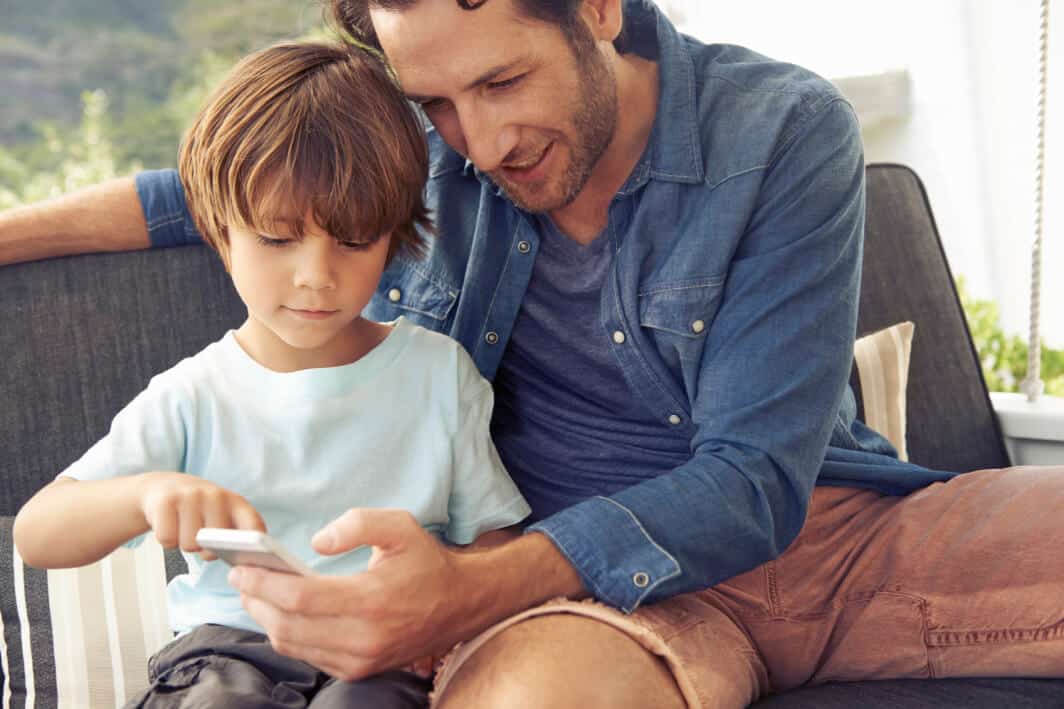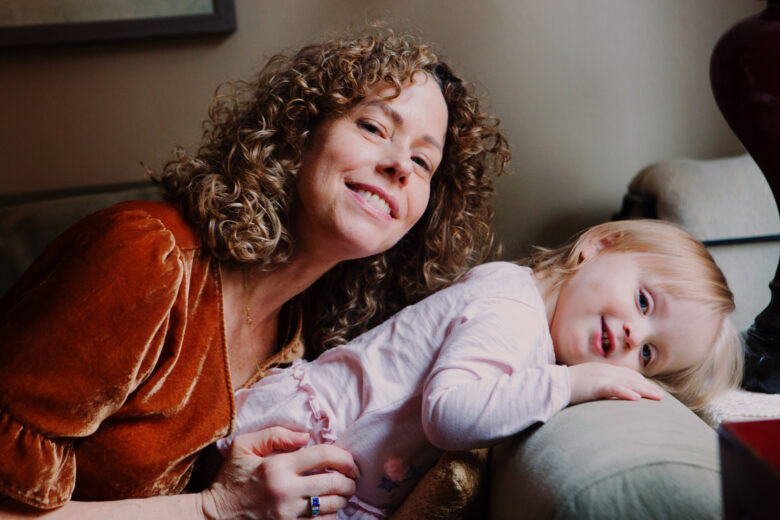Adoption is a beautiful way of forming a family, and it is important to ensure that adopted children feel loved, accepted, and cherished. Adopting a child can be a life-changing experience for both the adoptive parents and the child, but it can also be a challenging journey.
Adopted children may experience feelings of loss, confusion, and a sense of not belonging. Therefore, it is crucial to create an environment where they feel loved, special, and included.
Here are some ways to make an adopted child feel loved and special.

Source: pbs.org
Contents
- 1. Celebrate Adoption Day
- 2. Create a Safe and Comfortable Home Environment
- 3. Acknowledge their Story and Background
- 4. Spend Quality Time Together
- 5. Show Affection and Physical Touch
- 6. Encourage Self-Expression
- 7. Be Patient and Understanding
- 8. Seek Professional Help if Needed
- Parent-child relationships
- Let Your Love Shine
1. Celebrate Adoption Day
Adoption Day is a special day for adopted children as it marks the day when they officially become a part of their new family. Celebrating this day is a great way to show your child that you acknowledge and appreciate their unique journey to becoming a part of your family. You can make it a tradition to celebrate this day every year by doing something special together, such as going on a trip, having a special dinner, or doing something your child enjoys.
If the child is old enough, consider giving them a say in their name change. Some children will immediately want to adopt your last name, while other children might prefer to keep another last name. Some children might even want to legally change their first name to create a brand new start. Make sure you’re tuned into their thoughts around this subject.
2. Create a Safe and Comfortable Home Environment
Creating a safe and comfortable home environment is essential for adopted children to feel loved and secure. Make sure your child has their own personal space where they can feel safe and secure. Decorate their room with their favorite colors, toys, and other items they love. Let them know they are welcome and that their feelings and thoughts matter to you.

Source: japantimes.co.jp
3. Acknowledge their Story and Background
It is crucial to acknowledge your adopted child’s story and background. Learning about their past and cultural heritage can help you understand your child better and make them feel seen and valued. You can ask them questions about their past and encourage them to share their story. You can also celebrate their cultural heritage by incorporating their traditions and customs into your family’s daily life.
4. Spend Quality Time Together
Spending quality time together is one of the most important ways to make an adopted child feel loved and special. Engage in activities that your child enjoys, such as playing games, reading books, or going on walks. Take the time to listen to their thoughts and feelings, and show genuine interest in their lives. By spending quality time together, you can build a strong bond and create happy memories.
5. Show Affection and Physical Touch
Showing affection and physical touch is essential for children to feel loved and secure. Hugs, kisses, and other physical gestures can help your child feel loved and valued. Even something as simple as holding hands or sitting close to your child can create a sense of closeness and security.

Source: consideringadoption.com
6. Encourage Self-Expression
Encouraging your adopted child to express themselves can help them feel empowered and valued. Encourage them to share their thoughts and feelings, and validate their emotions. Let them know their opinions and ideas matter, and that you value their input. By creating an open and safe space for self-expression, you can help your child feel loved and accepted.
7. Be Patient and Understanding
Adopted children may need time to adjust to their new family and environment. They may experience confusion, sadness, or anger and may need time to process their emotions. It is important to be patient and understanding and to give your child the time and space they need to adjust. Validate their feelings and let them know it is okay to feel like they do.
8. Seek Professional Help if Needed
Adopted children may experience emotional or behavioral issues that require professional help. If you notice any signs of distress, such as difficulty sleeping, anxiety, or aggression, it may be beneficial to get professional help. A trained therapist or counselor can help your child process their emotions and develop coping strategies.

Source: nytimes.com
Parent-child relationships
Parent-child relationships are one of the most important relationships a person can have in their life, and this goes for adopted children as well. They shape our sense of self, our beliefs about the world, and our ability to form healthy relationships with others. A positive parent-child relationship is characterized by love, respect, trust, and communication.
Parents who have positive relationships with their children tend to be more involved in their child’s life and are more likely to provide a stable, nurturing environment. This type of connection is built on mutual respect and an understanding that both parties have needs that must be met. Parents who establish open communication channels with their children can create a safe and supportive space for them to share their feelings and ideas. This helps foster a sense of trust and builds a strong foundation for a healthy relationship.
Children who have positive relationships with their parents tend to have higher self-esteem, better social skills, and are less likely to engage in risky behaviors. They also tend to perform better in school and have more positive attitudes towards learning.
However, not all parent-child relationships are positive. Negative parent-child relationships can lead to emotional and psychological problems for children, including depression, anxiety, and behavioral issues. It is essential for parents to work on building positive relationships with their adopted children and seeking help when needed to improve the relationship.
Let Your Love Shine
As a parent, there’s no difference between a biological child and an adopted child. You feel the same love and responsibility for that child, regardless of how they came into your life. However, you have to think of things from the perspective of the child, too.
For older children, being adopted comes with a whirlwind of emotions. Many of those emotions are positive, but there are also lingering doubts about whether or not these “new” parents will love them.
By implementing some of the tips highlighted in this article, you can put that love on full display and instill a quiet confidence in them.
